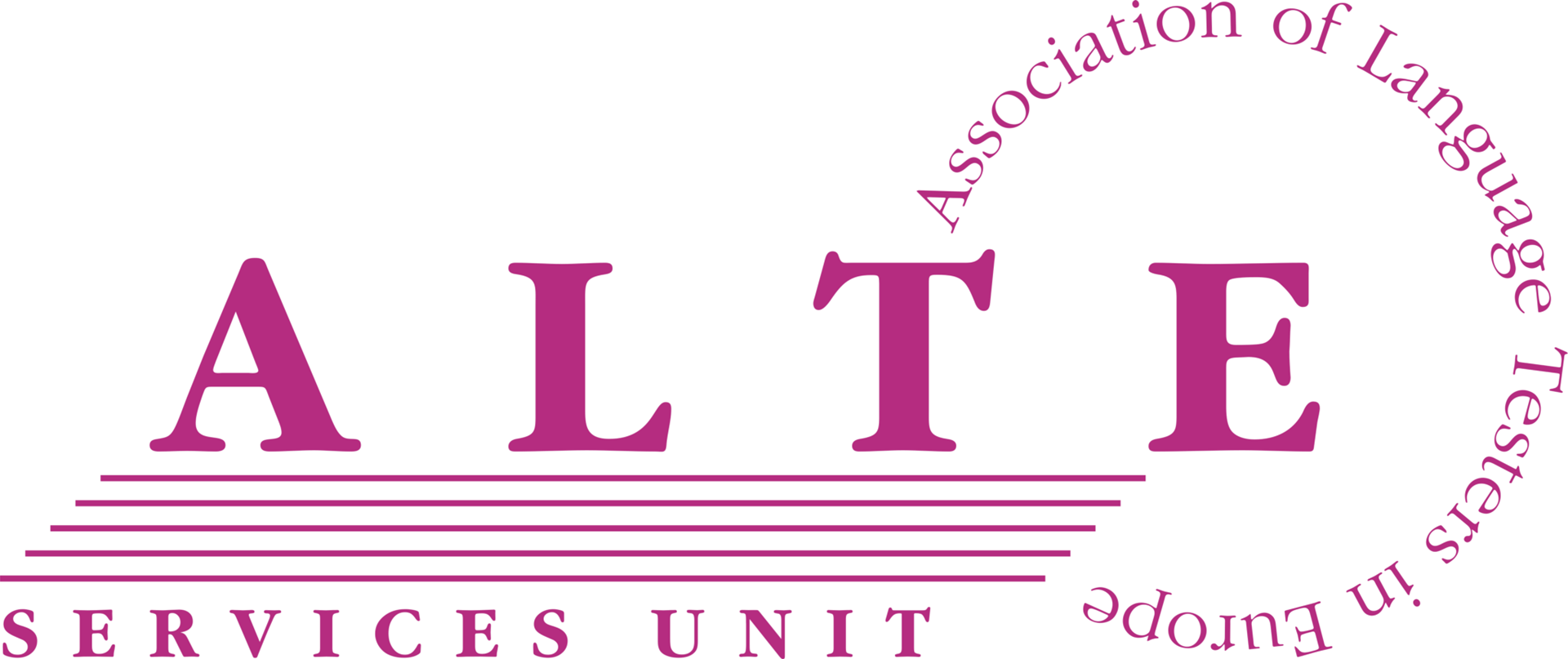courses for language testing
Statistics for Language Testing

The Statistics for Language Testing course provides an overview of the different stages at which statistics are useful throughout the cycle of designing, validating, managing and reviewing a language exam, and suggestions for practical follow-up action.
What knowledge and/or skills will I gain from this course?
This course is not particularly theoretical, technical or based around a specific software programme, but aims to help language assessment specialists better understand the role of statistics and how to interpret them when working with analysts and other colleagues. It is suitable for those who working in exam development, or quality management, and for those who work with relatively small candidate numbers, or small numbers of raters.
The course covers the following:
- Item and test level statistics: Basic terminology in assessment, Classical analysis, Test reliability
- Individual and group data: Demographic data, Rater reliability
Please note that this course does not include any Rasch analysis content.
Who is this course suitable for?
No previous knowledge of statistics is required, however, depending on the strengths of the group and their level of familiarity with different aspects, time devoted to different analyses is flexible within each session.
How is this course delivered?
This practical course is delivered online. It consists of two 90-minute sessions, and a 30-minute break.
Who is the course tutor?
 The course will be presented by Jane Lloyd (Cambridge University Press and Assessment). Jane is Senior Research Manager at Cambridge English. Her main responsibilities are leading on standard setting for Cambridge exams, working on large-scale educational reform projects with ministries and NGOs, and working for ALTE. Her work for ALTE is to support other national language test providers. This includes: statistical analysis of items, analysis of rater performance, research into exam and language use at regional and national level, courses and training in assessment, preparation for audits, and training for item writers, test designers and raters. She has a degree in Linguistics, a DELTA, an MA in Linguistics and TESOL, and an MA in Language Testing. She is currently studying for a PhD in Language Testing at CRELLA.
The course will be presented by Jane Lloyd (Cambridge University Press and Assessment). Jane is Senior Research Manager at Cambridge English. Her main responsibilities are leading on standard setting for Cambridge exams, working on large-scale educational reform projects with ministries and NGOs, and working for ALTE. Her work for ALTE is to support other national language test providers. This includes: statistical analysis of items, analysis of rater performance, research into exam and language use at regional and national level, courses and training in assessment, preparation for audits, and training for item writers, test designers and raters. She has a degree in Linguistics, a DELTA, an MA in Linguistics and TESOL, and an MA in Language Testing. She is currently studying for a PhD in Language Testing at CRELLA.
Testimonial
"The course was extremely interesting and well organised. I enjoyed the hands-on approach and the possibility of asking questions in a stress-free environment."
When is the next course?
The date for the next ALTE Statistics for Language Testing course is 27 June 2025.
How can I register?
Register for the next course here.
Expression of Interest
If you would like to express your interest in this course, or any other ALTE course, please click here.
Can several people from the same organisation join this course?
For group bookings, ALTE advises to book a maximum of three places per organisation.
How can I pay?
Full payment is required on registration. We strongly recommend that payment is made online using a Visa, MasterCard or American Express. However, if it is not possible to pay with a credit/debit card when registering, please contact the ALTE Services Unit (servicesunit@alte.org) to request an invoice with bank transfer payment instructions.